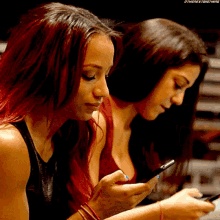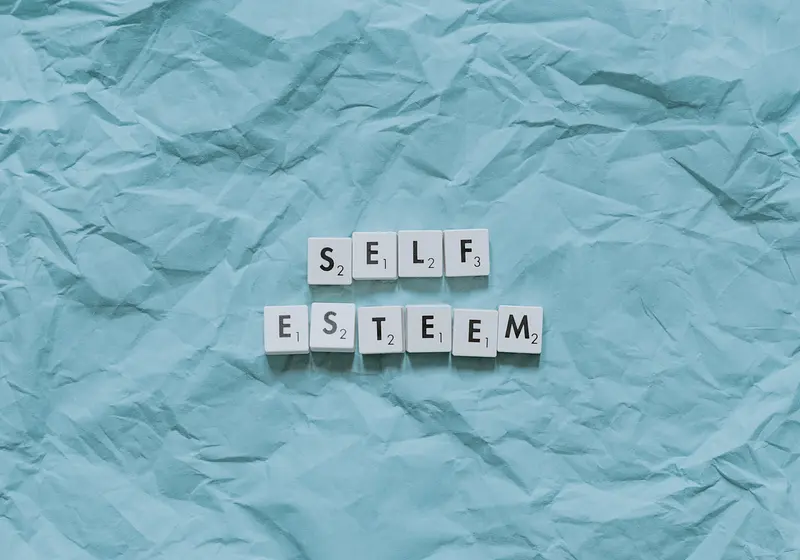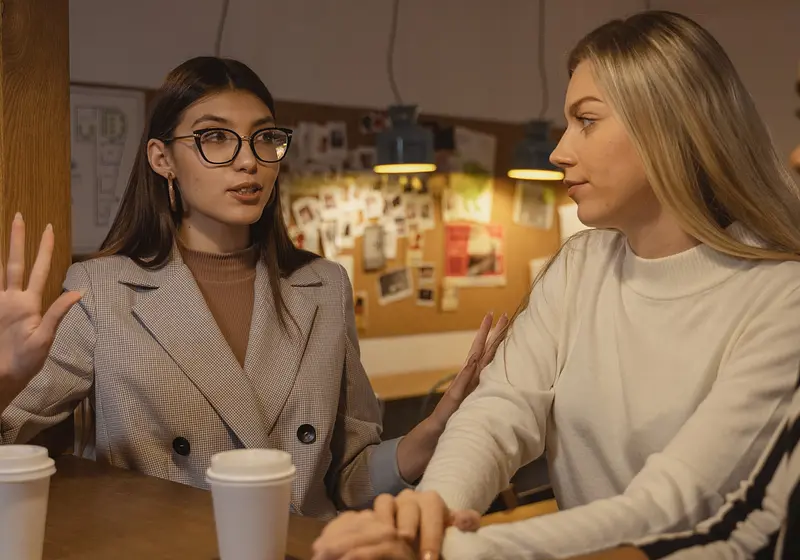I know you may think this is yet another self-help article. Being socially awkward is just awkward. I've been there for the instinctive nodding on phone calls and the sudden word freezes.
Sometimes, it may feel like people are this puzzle you can't unlock. If you can unlock it, you can't put the pieces together, from overthinking greetings to misreading body language and more. Recently, though, I've come to a realization: it's time to boycott social awkwardness.
Being socially awkward is a stigma and a self-repeating cycle. That's why we need to teach ourselves to embrace being socially different. Everyone has skills they're innately good and innately bad at.
Sorry, just gotta admit it. I'm a clumsy dancer and a clumsy peopler. We're all at different places in our relationships with our social battery and body language, so this article is for anyone who is coming to terms with their social awkwardness.
Let us slide into your dms 🥰
Get notified of top trending articles like this one every week! (we won't spam you)1. Be Kind To Yourself
Self-compassion matters. If you come back from a long day of school with your head pounding from having to read people, don't hesitate to curl up in a chair with a book. There is no shame in acknowledging your limits and being yourself.
Other people can feel like they have it so easy. They look like they float through the world, while you're struggling to to do something as simple as hold a conversation. Even trying feels so hard.
Because you stretch yourself to the norm. But there's light at the end of the tunnel.
One is never as important as they think they are. No one's going to remember your stumble 10 minutes later. And the fact that social skills aren't the most natural means you can listen, an underrated skill. The takeaway is: Don't think about what you can't do, think about what you can.

Take the Quiz: Does your crush like you?
Are you currently if your crush feels the same way about you? If so take this quiz!
2. Make an Action Plan
We all start somewhere. To move past your social differences, try practicing one skill every day. If small talk isn't your jam, start a conversation with a stranger in the grocery store.
Say hello to someone in the school hallway. Strangers are the easiest way to practice. After all, you're just a pinprick in their day. One good idea is to set a goal of talking to three new people a day.
Try coming up with conversational scripts. At least this way, you have a roadmap for easing yourself into conversations. Trying is the most important thing here.
The conversation doesn't have to go perfectly. The learning process is what matters the most. Learning works better together, so talk to people you trust about your plan, and practice your goals with them. Knowing you're not alone always helps!
3. Identify Tricky Social Situations
Being socially awkward is not universal. This differs for everyone, but it's essential to identify places that increase your social awkwardness. Take parties with loud music, for example.
Those aren't the best places for introverts like me. But this differs for everyone, so make a list of places where social interaction is less smooth.
Then, think about why exactly it's hard there. Is it because you're hesitant to talk to strangers? Is it because the environment is overstimulating?
Find strategies to best handle these events. As nice as it would be to stay at home, simply for survival's sake, we need to learn to at least pretend to be comfortable at social events.
Though I'm still working on this myself, one tactic that works is simply acting confident. Lift up your shoulders, smile, and tell yourself you belong. I assure you the adjustment period is faster that way.
If an awkward situation comes up, remember: It happens. It happened and will continue to happen, and it's not a reflection on you. Take it, learn from it, and work on handling the next social circumstance with grace.
4. Challenge Negative Thoughts
One thing I've heard growing up is there's a little you in your head, picking up on your every thought. Every time you tell yourself you're not good enough, remember that your subconscious will hear it. The same thing applies to social situations.
If you tell yourself you're going to be awkward, then you're more likely to be awkward. Be present and be positive.
Don't let your fear of judgment get in the way of a good conversation. It seems hard, but we all need to believe we can at least present ourselves well. Of course, it's easier if you believe in your skills, but there's a reason we say "Fake it until you make it" or more accurately, "Fake it until you believe it". With practice and faith, you'll make it toward your social goals.
5. Practice Social Skills
There are plenty of books out there about body language. The Dictionary of Body Language by Joe Navarro is particularly detailed. Another one I highly recommend is The Charisma Myth by Olivia Fox Cabane.
All of these break down the idea that social abilities are ingrained. Instead, they can be learned with daily practice and help from trusted people.
We can learn to be in charge of a room, and we can learn to have seamless conversations wherever we go. Try practicing one skill at a time. If you struggle with eye contact, come up with strategies to resist looking down when you're uncomfortable.
If you stutter, come up with conversational skills to resist stumbling. Over time, you'll get to where you want to be. This is your journey.
Give yourself time and grace. With hard work and practice, it will happen.
I don't deny that being socially awkward is hard. Still, try to think of it as being socially different and embrace the traits that come with it: being observant, kind, and thoughtful. After all, it's a journey.
You'll dance your way to smoother conversations, one positive thought and greeting at a time. Believe and practice, and I assure you: you'll get there!










.jpg)






